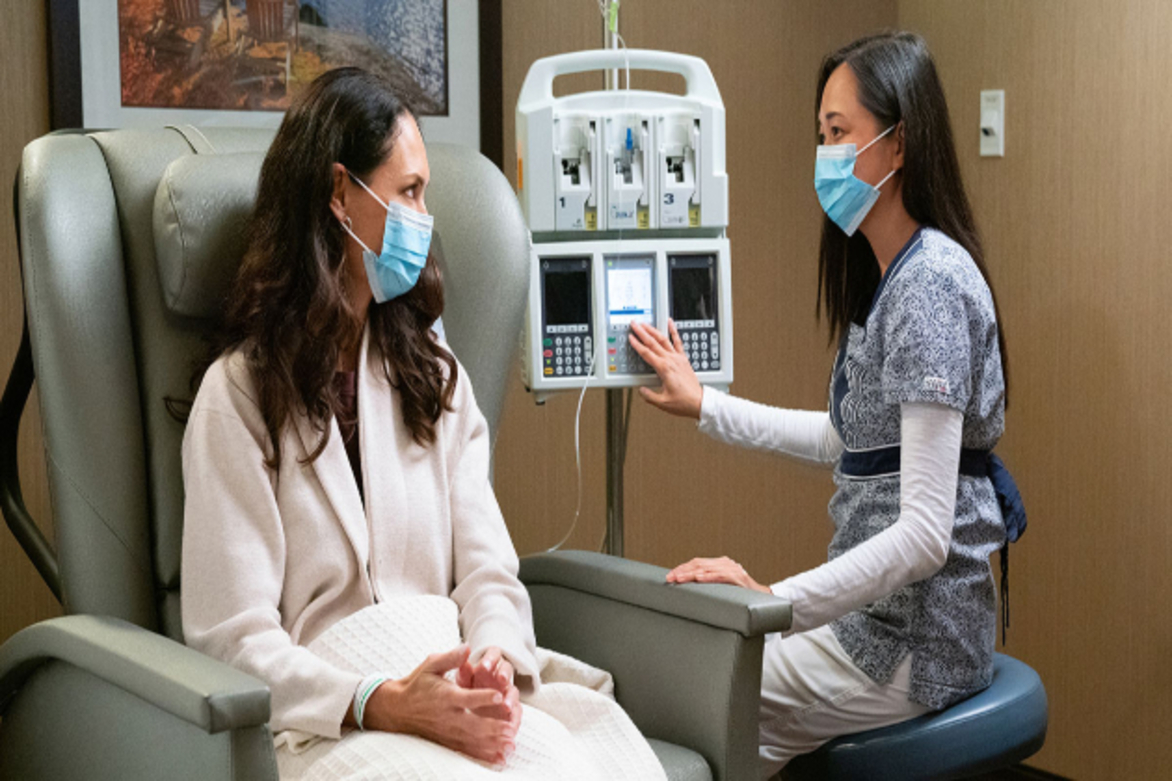Report: Patients in Ireland wait 2 years for new treatments
Robert Besser
15 May 2025

DUBLIN, Ireland: Ireland has the lowest availability rate for new cancer medicines in Western Europe, with patients waiting nearly two years to access newly authorized treatments, according to a new report by IQVIA for the European Federation of Pharmaceutical Industries and Associations (EFPIA).
The report reveals that Irish patients face an average wait of 644 days after European Medicines Agency (EMA) authorization to access new cancer drugs, a delay that has worsened by 55 days compared to the previous year and is significantly above the EU average of 586 days.
Despite Ireland's reputation as a pharmaceutical powerhouse, the country continues to rank poorly in terms of access to newly licensed cancer medicines. Only 25 percent of the 56 new cancer treatments licensed since 2020 are available in Ireland, compared to much broader access in other Western European countries.
The report underscores systemic issues in Ireland's reimbursement system, which critics say requires urgent reform. Oliver O'Connor, Chief Executive of the Irish Pharmaceutical Healthcare Association (IPHA), emphasized the need for change, noting that 86 percent of medicines reimbursed in Ireland between 2022 and 2024 exceeded the 180-day decision timeline mandated by the Health Act 2013.
"Patients in Ireland deserve better, and we can do better if the political and administrative desire is there," O'Connor said. "Pharmaceutical treatments can represent a lifeline to cancer patients, significantly enhancing quality of life and altering the prognosis for individual patients."
The Department of Health acknowledged the concerns, stating that the State has made significant investments in new medicines in recent years. Between 2021 and 2024, 128 million euros were allocated for new drugs, including 10 million euros from 2024 savings. The funding facilitated the approval of 194 new medicines, including 74 oncology drugs and 49 treatments for rare diseases.
Despite these efforts, the delays persist. IPHA is pushing for reforms as the current framework agreement with pharmaceutical companies is set to expire in September. The association is advocating for faster reimbursement processes and a more efficient system that aligns with international norms.
The Department of Health maintains that Ireland's reimbursement process considers several criteria, including efficacy, cost-effectiveness, and public health needs. However, O'Connor argues that the current system is failing patients by not adhering to the 180-day reimbursement decision timeline set by law.
With the upcoming expiration of the framework agreement, there is a renewed focus on implementing changes that could streamline the reimbursement process and ensure faster access to vital cancer treatments for Irish patients.
